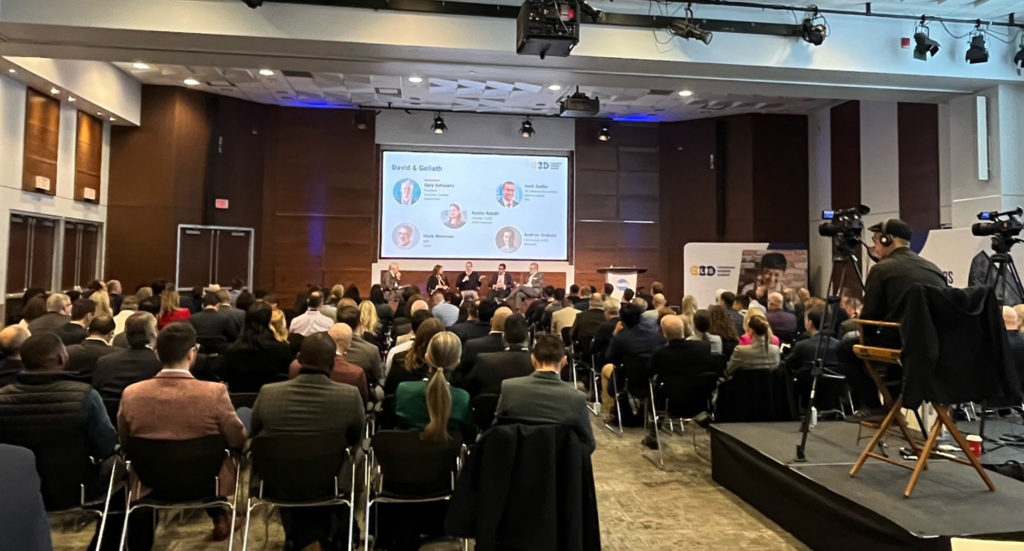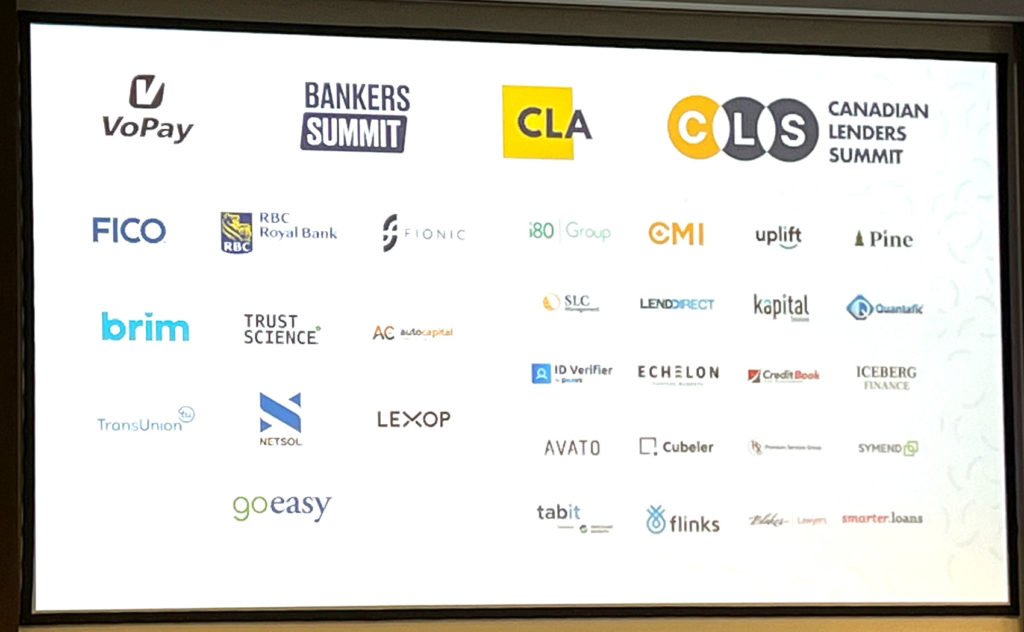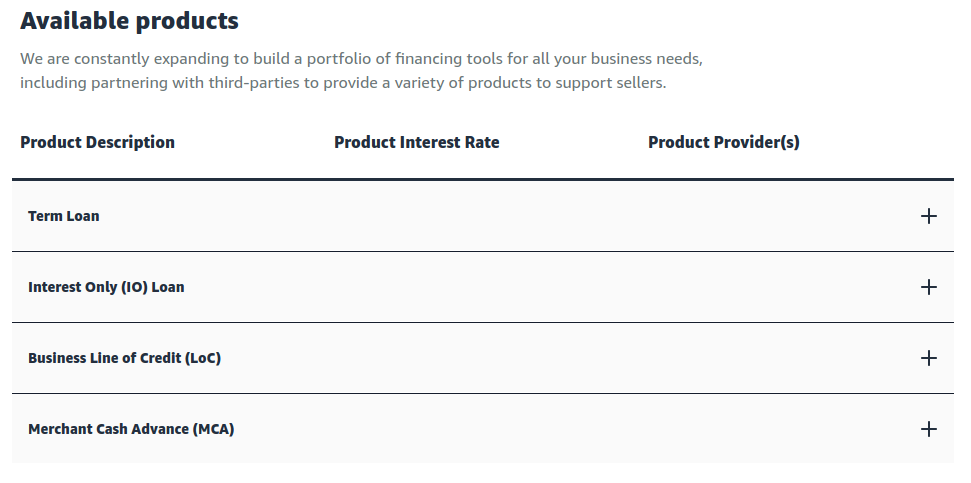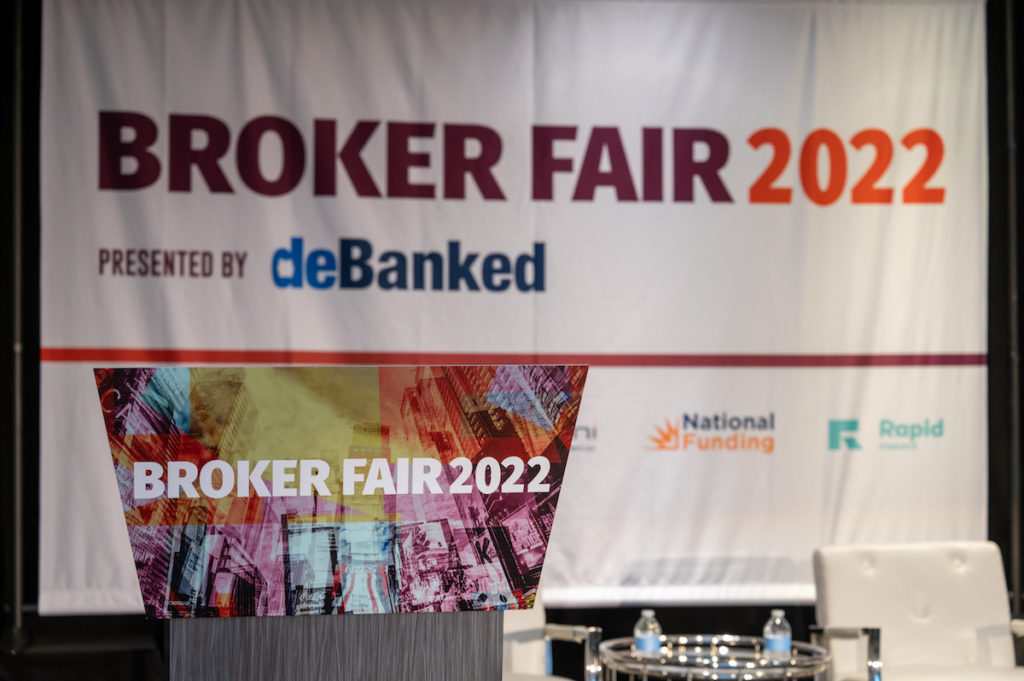Sean Murray is the President and Chief Editor of deBanked and the founder of the Broker Fair Conference. Connect with me on LinkedIn or follow me on twitter. You can view all future deBanked events here.
Articles by Sean Murray
deBanked Thanksgiving Memes 2022
November 20, 2022Happy Thanksgiving. Every year since 2012, we have published original industry memes for this holiday! Here’s the latesttttt…..







2021 Thanksgiving Day Memes
2020 Thanksgiving Day Memes
2019 Thanksgiving Day Memes
2018
2017
2016
2012
Borrower Didn’t Make Their Payment? Maybe They Just Forgot
November 18, 2022 When borrowers gets squeezed, who will they pay first? According to a survey conducted by Lexop, American respondents ranked mortgage and rent payments as having the highest priority among recurring bills. Utilities (water, electricity, and gas) came second, car loans third, phone/internet bills fourth, and personal loan payments dead last. That may not be what lenders want to hear but the information could prove helpful in preparing for an economic downturn.
When borrowers gets squeezed, who will they pay first? According to a survey conducted by Lexop, American respondents ranked mortgage and rent payments as having the highest priority among recurring bills. Utilities (water, electricity, and gas) came second, car loans third, phone/internet bills fourth, and personal loan payments dead last. That may not be what lenders want to hear but the information could prove helpful in preparing for an economic downturn.
Notably, a missed payment may not even be a sign of financial stress. According to the same Lexop survey, 34% of respondents stated that the primary reason they had for being late on a bill was that they simply forgot. A majority also disclosed that they were late in paying because of other non-financial issues like invoicing errors, not having access to the bill, payment method issues, and more.
These seem like addressable issues especially since 35% of respondents wanted digital reminders via text or email. Less than 10% preferred they be reminded via phone call or snail mail.
“Empowering consumers to work with collectors toward meeting their payment goals is the best way to foster healthier business-customer relationships that will ultimately result in increased debt recovery and customer retention,” said Amir Tajkarimi, Chief Executive Officer and Co-founder of Lexop, in a published statement related to the findings. Tajkarimi was a panelist on The Need for Speed in Payment & Collection at the Canadian Lenders Summit in Toronto this week. There, he explained that his firm was hyper focused on improving the collections user experience and emphasized that a missed payment is not always the result of a borrower not having the resources to pay.
The data revealed from the study is timely since 60% of respondents also shared that they were concerned about their ability to pay bills over the next 6 months.
Canadian Lenders Summit a Real Bright Spot in Challenging Times
November 17, 2022 When the Canadian Lenders Association last convened for its summit in 2019, the organization had only 75 members. Today, its membership is approaching 300. Most people I spoke with attributed the rapid growth of membership to the tireless efforts of CLA co-founder and President Gary Schwartz. That achievement was also visually evident on Wednesday when more than 500 attendees literally packed into the MaRS building in Downtown Toronto for the first return to in-person since all those years ago.
When the Canadian Lenders Association last convened for its summit in 2019, the organization had only 75 members. Today, its membership is approaching 300. Most people I spoke with attributed the rapid growth of membership to the tireless efforts of CLA co-founder and President Gary Schwartz. That achievement was also visually evident on Wednesday when more than 500 attendees literally packed into the MaRS building in Downtown Toronto for the first return to in-person since all those years ago.
The excitement of being back together was bittersweet in that there was collective acknowledgment that the economic climate had become less than favorable. For example, the opening session of the entire day was aptly named Raising in a Downturn. However, the discussion itself was much more optimistic. Neil Wechsler, CEO of OnDeck Canada, for example, talked about the benefits of having operated their business “underleveraged and overcapitalized” to be prepared for times such as this while numerous sidebar conversations suggested that startup fundraising was still very active. Expansion was also top of mind for many with several companies revealing that they had just set up shop in Canada from abroad or that they had expanded their home-grown Canadian business into other markets like the US.  Predictions for what’s to come were all over the place but few, if any, expressed any real fear (except for the mortgage people). Attendees came to the summit to do business, grow, and to partake in the annual ritual of lamenting the slow adoption of open banking.
Predictions for what’s to come were all over the place but few, if any, expressed any real fear (except for the mortgage people). Attendees came to the summit to do business, grow, and to partake in the annual ritual of lamenting the slow adoption of open banking.
The banks, meanwhile, are also warming to fintech (finally) and had ample representation at the event. Innovations in concepts like loan insurance and collections technology also stood out. Seating during the sessions were always completely full throughout the day and overall it was a major success. Despite whatever happens next, I would anticipate that the CLA would probably graduate to an even larger venue next year as the organization grows in importance.
Think You’re Good at Closing Deals in the US? Apply Your Skills in the UK or Australia
November 10, 2022 Think you’re well-versed in the SMB finance business? You might want to take advantage of a fast pass being offered to replicate your success in the UK or Australia.
Think you’re well-versed in the SMB finance business? You might want to take advantage of a fast pass being offered to replicate your success in the UK or Australia.
The opportunity stems from a proposal posted on LinkedIn by Capify CEO David Goldin. Goldin’s got two decades of experience in the business itself and 14 specifically in the UK/Australian markets. Now he’s looking to personally select a handful of brokers and/or small funding companies and guide them on expanding their business overseas.
But why?
Goldin believes that US operators could bring a certain dynamic lacking in the other markets, complete dedication to a single product where there is a lot of opportunity. “There’s very few MCA shops there,” he said. “Very few of them that are MCA-only companies.”
 And so the dedicated MCA broker shop is something uniquely American and could prove to be a potent model if applied abroad. Brokers do play a major role in those markets but they’re a jack of all trades, Goldin explained, offering every product there is, resulting in limited throughput for a single core product. Markets like the UK and Australia offer some unique advantages in that they’re English speaking and the products themselves are already established. Goldin said that there’s an opportunity for US operators that “know how to sell risk-based capital” to come in and leverage the Capify infrastructure and intellectual capital.
And so the dedicated MCA broker shop is something uniquely American and could prove to be a potent model if applied abroad. Brokers do play a major role in those markets but they’re a jack of all trades, Goldin explained, offering every product there is, resulting in limited throughput for a single core product. Markets like the UK and Australia offer some unique advantages in that they’re English speaking and the products themselves are already established. Goldin said that there’s an opportunity for US operators that “know how to sell risk-based capital” to come in and leverage the Capify infrastructure and intellectual capital.
To be clear, he’s not talking about sitting in an office in New York or Miami and calling business owners in Sydney and London, but about actually opening up a local office in those markets.
“You got to have a local presence,” Goldin said. “A remote company doesn’t work. You need to actually be there.”
 All this would be set up and developed with the guidance of Capify, a benefit that would shorten the learning curve of doing business in a new market. “There’s a lot of stuff to navigate,” he said. “Different regulations, different rules, different clients.”
All this would be set up and developed with the guidance of Capify, a benefit that would shorten the learning curve of doing business in a new market. “There’s a lot of stuff to navigate,” he said. “Different regulations, different rules, different clients.”
deBanked first began exploring the Australian market in 2015. At the time, there were about 20 alternative lenders operating in the country. Since then the market has flourished. The population of Australia is only 26 million people, about two-thirds that of Canada, but Goldin said that it’s not as competitive.
“The US is bigger but also 50x the competition,” he said.
For anyone interested in this opportunity, the best way to contact him is through LinkedIn. The original post can be found here.
How the Amazon / Parafin Merchant Cash Advance Deal Came to Be
November 2, 2022Back in December, Parafin, then a fintech startup with 20 employees, submitted a proposal to Amazon to roll out a potential Amazon merchant cash advance product. At the time, Parafin was little known to the general public and its surprise deal with DoorDash wouldn’t even become public until a month later.
 The prospect of an MCA would not have been foreign to Amazon given that the company already offers direct business loans, lines of credit through Marcus by Goldman Sachs, and other loans thanks to a successful pilot with Lendistry. But the team behind Parafin were virtual unknowns in the merchant cash advance industry itself. The company’s 3 co-founders, including CEO Sahill Poddar, all hail from Robinhood, the investment app that became wildly popular especially with younger adults over the last several years.
The prospect of an MCA would not have been foreign to Amazon given that the company already offers direct business loans, lines of credit through Marcus by Goldman Sachs, and other loans thanks to a successful pilot with Lendistry. But the team behind Parafin were virtual unknowns in the merchant cash advance industry itself. The company’s 3 co-founders, including CEO Sahill Poddar, all hail from Robinhood, the investment app that became wildly popular especially with younger adults over the last several years.
Coincidentally, more than a dozen people employed by Parafin, including the co-founders, are former Robinhood employees, according to profiles reviewed on LinkedIn. It’s part of a trend, it appears, as other members of their team hail from well known Silicon Valley firms like Lending Club, Stripe, Funding Circle, Google, Amazon, Facebook, StreetShares, and more.
Ultimately, Parafin’s big bet paid off. On Tuesday, November 1st, Amazon announced that the Parafin team was the one it had chosen to debut its official merchant cash advance product.
“Amazon is committed to providing convenient and flexible access to capital for our sellers, regardless of their size,” said Tai Koottatep, director and general manager, Amazon WW B2B Payments & Lending, in the announcement. “Today’s launch is another milestone in strengthening Amazon’s commitment to sellers, and builds on the strong portfolio of financial solutions we already provide. This latest offering significantly expands sellers’ reach and capabilities, and broadens their access to capital in a flexible way—one that helps them control their cashflow, and by extension, their entire business.”
“We founded Parafin with the mission to grow small businesses, and we’re thrilled that we have the opportunity to do that by providing Amazon sellers with this merchant cash advance option,” said Vineet Goel, co-founder of Parafin. “It’s a privilege to count ourselves among Amazon’s suite of financial solutions, and we look forward to making a difference for Amazon.com sellers looking to expand their business.”
The product is already listed on Amazon’s website and was rolled out to some US businesses immediately. It will be available to hundreds of thousands of additional sellers by early 2023, the company claims.

Unique to an Amazon MCA is that funding amounts can start as low as $500 and go up to $10 million.
Amazon’s entrance into the merchant cash advance market coincides wih a unique moment in the product’s history as several states are in the midst of imposing strict regulations on their sale.
Broker Fair 2022 Photos
October 25, 2022The Broker Fair 2022 Photos can be FOUND HERE. Thank you so much to all the sponsors and attendees!

Ready for what’s next? deBanked returns to Miami Beach on January 19th! Registration is now open. For questions, email events@debanked.com.
Broker Fair is Sold Out: Here’s What You Need to Know Now
October 20, 2022
Broker Fair 2022 is sold out. If you’re registered, here’s what you need to know now:
|
Pre-show (Sponsored by Lendini): October 23, 7-9pm (only open to pre-show ticket holders). This event is also sold out.
Location: 48 Lounge
Location: New York Marriott Marquis, 7th floor. Our room block is sold out.
Start Networking Early: Download the mobile app and connect with other attendees that have already begun using it too. |
Think The New California Disclosure Law is Just About a Disclosure Form? Think Again
September 13, 2022 “We’re one of the good guys so of course we’ll comply and include the form with our contracts.”
“We’re one of the good guys so of course we’ll comply and include the form with our contracts.”
Variations of the above phrase have been oft-repeated in the last few months by participants in the commercial finance industry when queried by deBanked about California’s new disclosure law. Several companies have shared that they are prepared for what’s to come, but are they? The regulations go into effect on December 9th and begin a new chapter of compliance for the industry.
Though one might be aware that California will require specific disclosures on commercial finance contracts (including purchases of future sales), Katherine C. Fisher, Partner at Hudson Cook, LLP, explained that the breadth of the state’s law will likely require changes to a funding company’s operational processes as well. Fisher told deBanked that there’s not just the matter of disclosing but also the matter of what triggers a disclosure having to be made. What might otherwise be considered the normal discourse between a funding provider and a customer prior to a deal being consummated is now an area requiring close examination.
“If a broker sends a text to a merchant with the offers, could it trigger this?” is one scenario she posed about the threshold for disclosure.
The funding provider needs to know the answer because once the disclosure requirement is triggered, the broker needs to relay back the details of the offers made, the specific disclosures provided, and the timestamp of when this took place. All of this data then needs be stored by the funding provider to maintain compliance.
And funding providers will need to be vigilant.
“The funder is responsible for broker compliance,” Fisher said.
The entire process of who-said-what, when, and how will suddenly become a realm requiring tight control it seems. And that all comes back to the form itself, which is not all that simple either.
 California will require funding providers to estimate an APR on a purchase transaction using one of two methods: the Historical Method or the Underwriting Method. While the methodology selected is probably best left to qualified counsel to assist with, the likely deviation of a future estimated APR from a backwards-looking APR was a reality considered by state regulators. To bridge this gap, California requires that funding providers disclose reasonably anticipated true-up scenarios. A true-up in this instance refers to the already well-established option for a merchant to perform a monthly reconciliation of payments if the amount collected is above or below the purchased percentage specified in the contract.
California will require funding providers to estimate an APR on a purchase transaction using one of two methods: the Historical Method or the Underwriting Method. While the methodology selected is probably best left to qualified counsel to assist with, the likely deviation of a future estimated APR from a backwards-looking APR was a reality considered by state regulators. To bridge this gap, California requires that funding providers disclose reasonably anticipated true-up scenarios. A true-up in this instance refers to the already well-established option for a merchant to perform a monthly reconciliation of payments if the amount collected is above or below the purchased percentage specified in the contract.
Though the very nature of the reconciliation is a consequence of not being able to predict the future exactly, California’s law requires that funding providers disclose the dates and amounts of the true-ups that they reasonably anticipate. Such concepts and mathematics, once perhaps the subjective domain of a funding provider’s in-house underwriters will soon be subject to regulatory scrutiny for total accuracy. And this just scratches the surface.
The scope of this law is so unique and technical that the Hudson Cook law firm spent a considerable amount of time preparing a guide on this very subject. deBanked saw some of the pages of this guide during a call.
Fisher, meanwhile, insisted that compliance in California is different than compliance with the law recently enacted in Virginia and that if funding providers wait until December to begin preparing, it will probably be too late to be ready in time.
“This is more than just a form,” Fisher said. “You need to spread the word about it.”






























